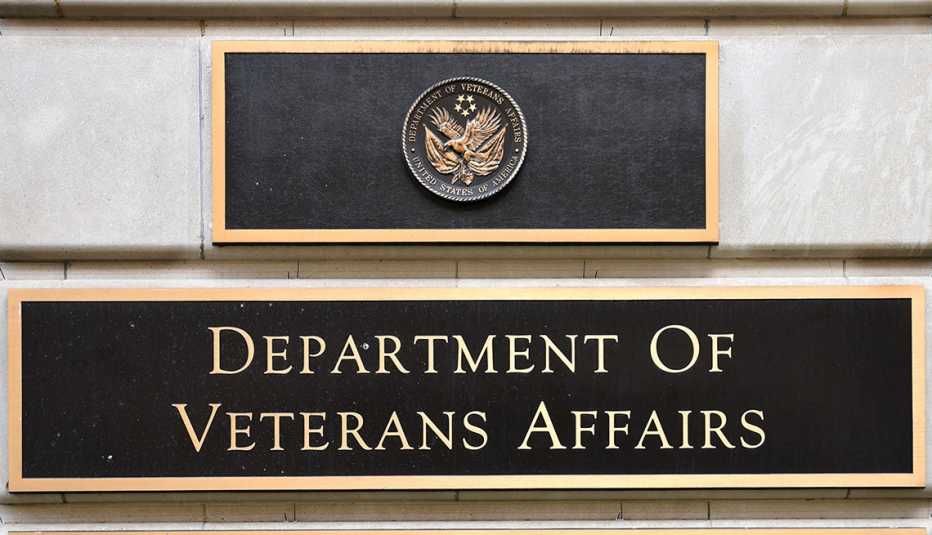Staying Fit


Caregivers who receive benefits from the Department of Veterans Affairs as part of the Program of Comprehensive Assistance for Family Caregivers (PCAFC) must enroll in direct deposit by Oct. 1 to continue receiving stipends.
Before the agency stops sending paper checks, caregivers should sign up to receive direct deposits as a vendor through the VA’s Customer Engagement Portal. You must provide your Social Security number, address, bank routing and account numbers. Follow this guide for step-by-step instructions.


AARP Membership— $12 for your first year when you sign up for Automatic Renewal
Get instant access to members-only products and hundreds of discounts, a free second membership, and a subscription to AARP the Magazine.
Any veteran or caregiver who does not have a bank account may open one through the Veterans Benefits Banking Program (VBBP).
Not only does direct deposit lessen the likelihood of fraud but it guarantees timely receipt of benefits.
To get a better understanding of how the banking program works, AARP spoke with Charles Tapp II, chief financial officer of the Veterans Benefits Administration. His responses have been condensed and edited for clarity.
What makes direct deposit a safer payment option?
Direct deposit or electronic funds transfer (EFT) is a safer option because it allows payments to come through routinely without disruption, even if there’s a natural disaster. It also prevents checks from being delayed in the mail or stolen before being cashed. We see the program as a safety mechanism to make sure that our beneficiaries receive their full benefits as they use a traditional bank account or credit union, instead of relying on check-cashing services, which charge exorbitant fees.
Who is eligible to participate in the VBBP?
Any veteran with a DD-214 (report of separation) or any beneficiary who receives cash benefits from the VA
How can you sign up for the program?
On the VBBP website you will find a list of over 43 banks and credit unions to choose from. After making your selection, you will be directed to its individual web page. Each financial institution has its own criteria for signing up. Veterans or beneficiaries who have additional questions may call VA at 800-827-1000.
Service members may also visit a participating bank in person and mention the VBBP to enroll.
Should veterans be worried about being denied a bank account?
The institutions that participate in the program have agreed to work with veterans with low credit scores or legal issues or who are unhoused. However, each bank or credit union has its own unique and specific criteria.

































































More From AARP
Military Family Caregivers Share Their Triumphs, Pain
Decades after loved ones suffered battle injuries the caring continues
VA Benefits for ‘Legacy’ Veteran Caregivers Extended through 2025
Eligibility for the PCAFC is now open to all service era veterans
Providing Care for Aging Adults at Home
Address safety issues to allow for independence as long as possible